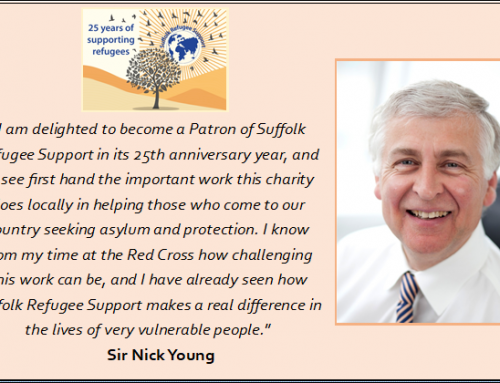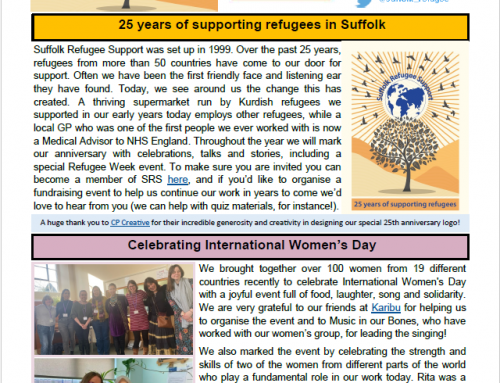The Home Office recently announced plans to make major changes to the UK’s asylum system. The proposal that would most affect those we work with would deny entitlements to asylum seekers arriving through irregular routes. Under the plans, no matter how strong their asylum claim, they would only ever be granted temporary protection, would be indefinitely liable for removal from the UK and could have their rights to benefits and family reunion restricted. As there are virtually no regular, legal routes to claim asylum in the UK, the great majority of the thousands of people we have supported over the last two decades arrived in the UK through irregular means. Today they are British citizens, doctors, teachers, carers and community leaders. Under the new asylum plans, none of them would have been able to permanently settle here, contribute to UK society and rebuild their lives with their families in safety.
Among the discussions and coverage of these proposals, a few key facts are rarely mentioned:
- There were 29,456 asylum applications in the UK in 2020 (excluding dependents), in the context of more than 80 million people forcibly displaced from their homes worldwide
- Asylum applications in the UK fell by 18% in 2020, contrary to what you might have thought from media coverage of small boats crossing the Channel
- There is no obligation on asylum seekers to apply for asylum in the first safe country they reach. Whether someone has travelled through other countries has no bearing on their fear of persecution at home.
- Around two thirds of all asylum decisions in 2020, including initial decisions and appeals, resulted in indefinite leave to remain or other protection, meaning most asylum seekers arriving through clandestine means were able to prove a well-founded fear of persecution
- Refugee resettlement programmes—one of the few legal ways for refugees to reach the UK—are largely on hold at the moment, with no targets set for future numbers, and family reunion (another legal route) fell by 27% in 2020.
You can read the Refugee Council’s response to the proposed changes here, and some detailed analysis here. The plans are currently at the consultation stage, so if you would like to have your say and take part in the consultation, we would encourage you to do so here.


